From Wikipedia, the free encyclopedia
Vernazza is a town and commune located in the province of La Spezia, Liguria, northwestern Italy. It is one of the five towns in the Cinque Terre region.
Vernazza is the fourth town heading north into the Cinque Terre. It has no car traffic (a road leads into a parking lot on the edge of the town) and remains one of the truest "fishing villages" on the Italian Riviera.
Main sights
Church of Santa Margherita d'Antiochia, begun in 1318. It has a nave and two aisles with an octagonal bell tower rising from the apse area.
Doria Castle
Shrine of Santuario di Nostra Signora di Reggio, about a half hour's steep walk above Vernazza. The wide path that leads up to the shrine is punctuated with the Stations of the Cross. Around the shrine is a large shady open area, expansive views of the water below, as well as the hillside vineyards, and various statues of Mary and Joseph.
The Beach in the protected harbor on the northwestern side.
"A journey of a thousand miles must begin with a single step." -- Lao Tzu
Copyright © Demetrios the Traveler
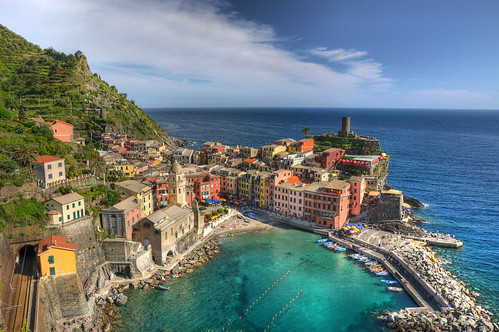





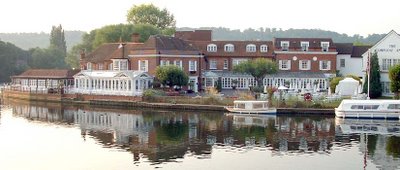
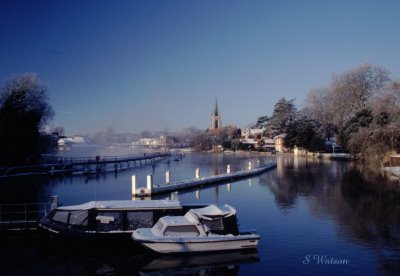
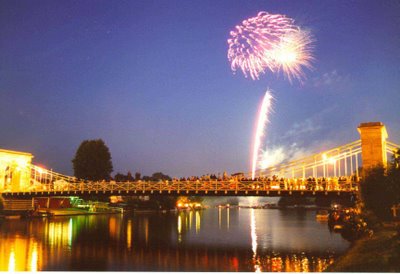

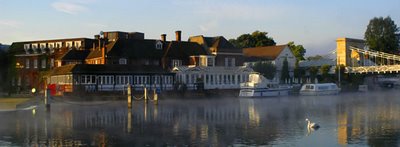


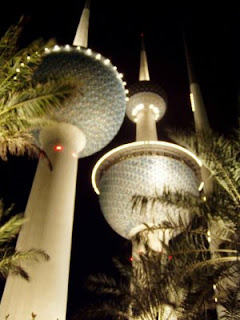

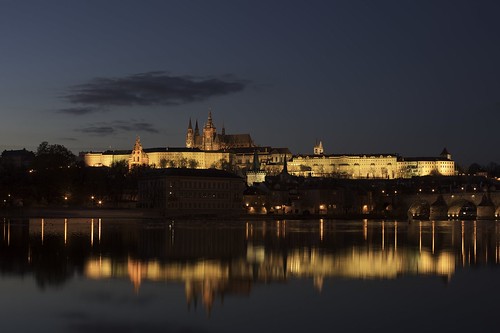

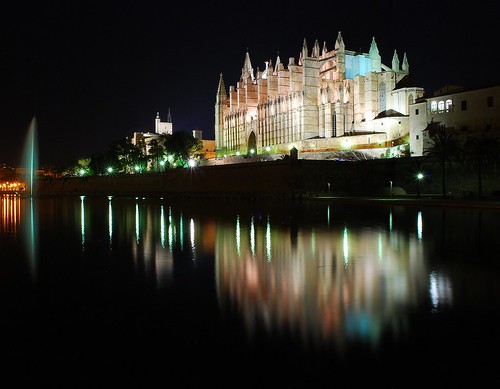

Air Iceland, which is a part of Icelandair Group, is a dynamic company with firm roots that go back to the start of aviation in Iceland. Air Iceland is a flexible yet powerful airline servicing the West Nordic countries.
The head office of Air Iceland is located in the capital, Reykjavík, but the company's registered domicile is in Akureyri, the main town in north Iceland. Both Reykjavík Airport and Akureyri Airport serve as hubs for Air Iceland's route network.